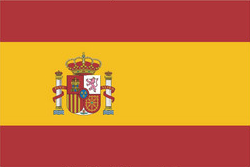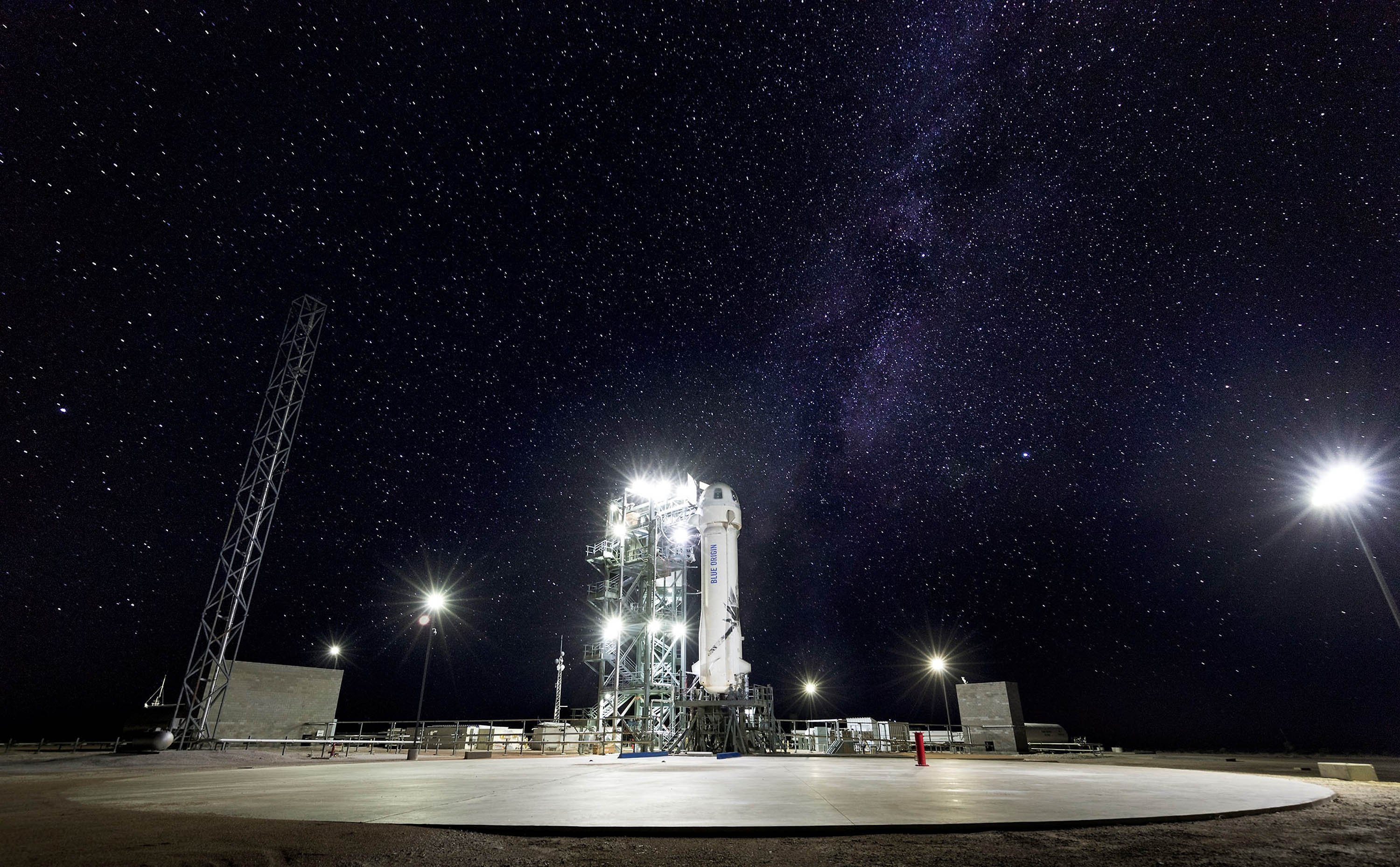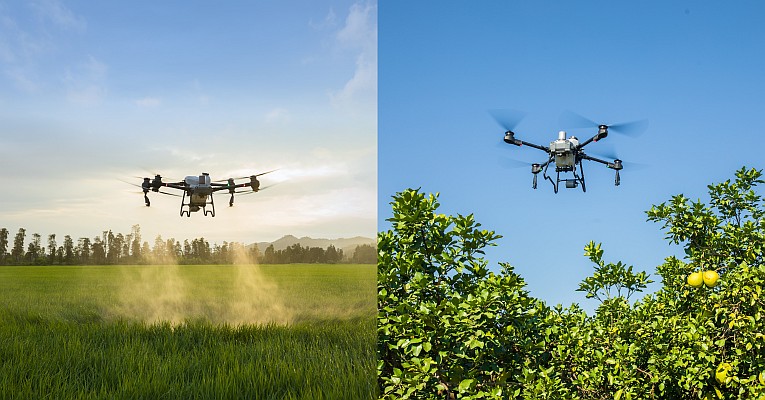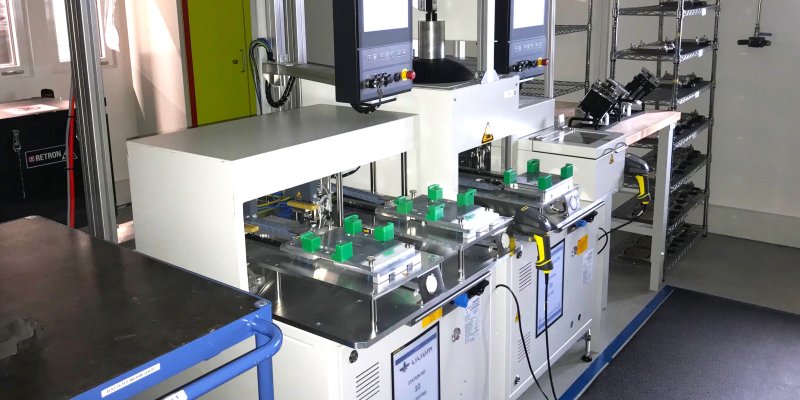 Ecuador’s first satellite, launched last month, has collided with debris from an old Russian rocket but it is unclear if it has been damaged, officials say.
Ecuador’s first satellite, launched last month, has collided with debris from an old Russian rocket but it is unclear if it has been damaged, officials say.
The Pegasus nanosatellite, designed and built in Ecuador, was launched into orbit April 25 by China.
The Joint Space Operations Center in the United States, which monitors all artificial Earth-orbiting objects, said there had been no head-on crash but “data indicated a lateral collision with particles” of the Soviet-era rocket, Satellite Today reported Thursday.
“Pegasus could be damaged or spinning out of control but, because it’s still in orbit, we have hope,” Ronnie Nader, head of the Ecuadorian Civilian Space Agency, tweeted.
“Ecuador still has its satellite, the people still have Pegasus,” he wrote, saying it could take up to 48 hours to assess damage.
The 2.6-pound nanosatellite had been orbiting at a distance of 404 miles while transmitting pictures of the Earth.
Ecuador warns satellite could hit rocket remains
An Ecuadoran satellite launched last month could collide with the remains of a Russian rocket in the coming hours, the country’s civilian space agency warned Wednesday.
The “Pegaso” (Pegasus) nanosatellite, designed and built in Ecuador, set off aboard an unmanned rocket April 25 from the Jiuquand station in northern China. It is the country’s first.
“Alert: possible collision between NEE-01 Pegaso and Russian rocket remains,” tweeted the country’s civilian space agency, EXA.
Measuring just 10 by 10 by 75 centimeters (four by four by 30 inches), and weighing 1.2 kilograms (2.6 pounds), Pegaso on May 16 transmitted its first live video with audio.
EXA chief Ronnie Nader, Ecuador’s first and only astronaut, said the Pegaso could crash with the remains of the Soviet rocket S14 which was launched into space in June 1985.
The two objects could collide at 0538 GMT Thursday at some 1,500 kilometers above the eastern coast of Madagascar.
Ecuadoran engineers tracking the satellite from the EXA headquarters in the port city of Guayaquil fear that the Pegaso will slam into the S14’s fuel tank.
Nader told reporters that they will not be certain of the satellite’s fate until 36 to 48 hours after the event.
Nader also said the nanosatellite is insured, but did not say for how much.
Last month’s launch came amid much fanfare, including a live broadcast.
The South American country plans to send a second satellite into space from Russia in July.
Source: Space Mart








